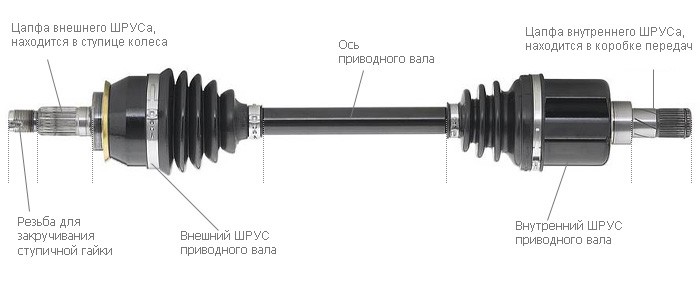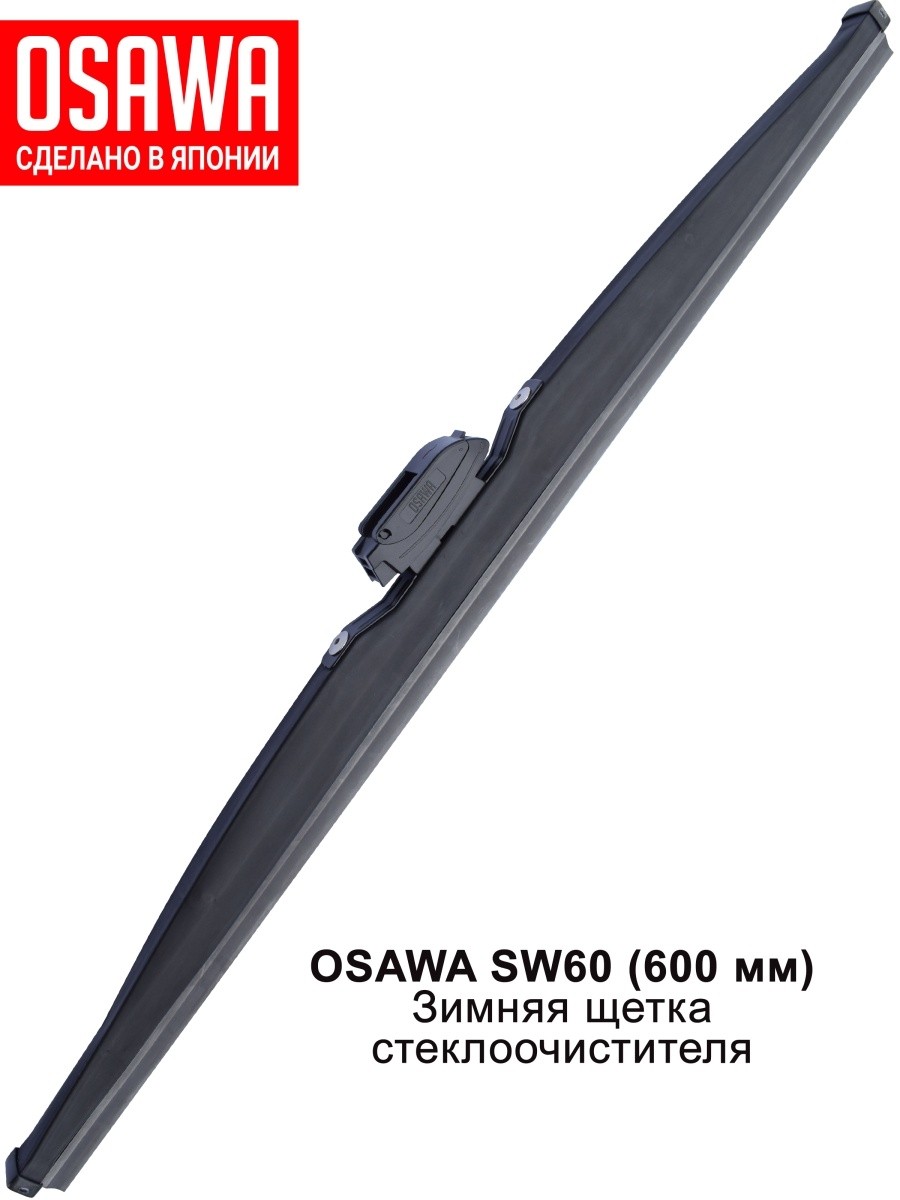
How long does a drive shaft last?
When it comes to important components of your vehicle, the driveshaft is of great importance. This part is responsible for transferring the torque or power generated by your engine and transferring it to the right place…
When it comes to important components of your vehicle, the driveshaft is of great importance. This part is responsible for transferring the torque or power generated by your engine and transferring it to the right place. If your car is rear wheel drive it will send power there, if it's front wheel drive it will send power where the power goes, and if it's all wheel drive it will send power where it's needed. Four-wheel drive vehicles may sometimes have two driveshafts to provide enough power.
Unfortunately, when this part reaches the end of its life, it will not be able to direct this energy to where it should be without problems. This means other areas of your car will have to take up the slack and take on more responsibility, which means you'll wear them out a lot faster. If you let the driveshaft die completely, then it will reach a point where the wheels will no longer receive any power.
While there is no set lifespan for a driveshaft, it can typically last around 75,000 miles. Keep in mind, depending on the vehicle and wear and tear, you can get a lot less or a lot more. If you've made changes to the height of your driveshaft, it's more prone to damage, meaning you'll need to replace it much sooner. To prolong the life of the cardan shaft, it is recommended to carefully lubricate all universal joints.
If you're wondering what are the signs of a driveshaft that is nearing the end of its life, here's the full list.
As you drive, you may begin to notice a creaking sound. It may start intermittently and build up over time.
While driving, you may notice a vibration that you can feel. Again, this can get worse over time as the driveshaft continues to fail.
When shifting between reverse and drive, as well as when accelerating, a dull sound may begin to occur.
Because you don't want to risk damaging other parts of your vehicle, it's important to have your driveshaft checked if you suspect it's nearing the end of its life. If you are experiencing any of the above symptoms and suspect that your driveshaft needs to be replaced, it is important to get diagnosed or have a professional mechanic replace your driveshaft as soon as possible.
